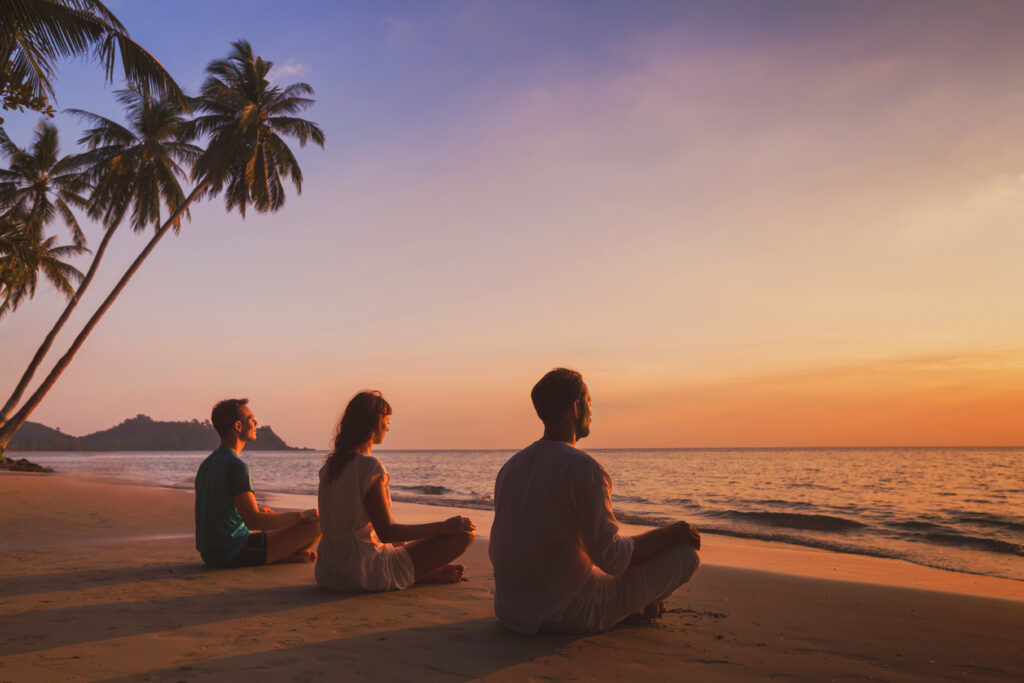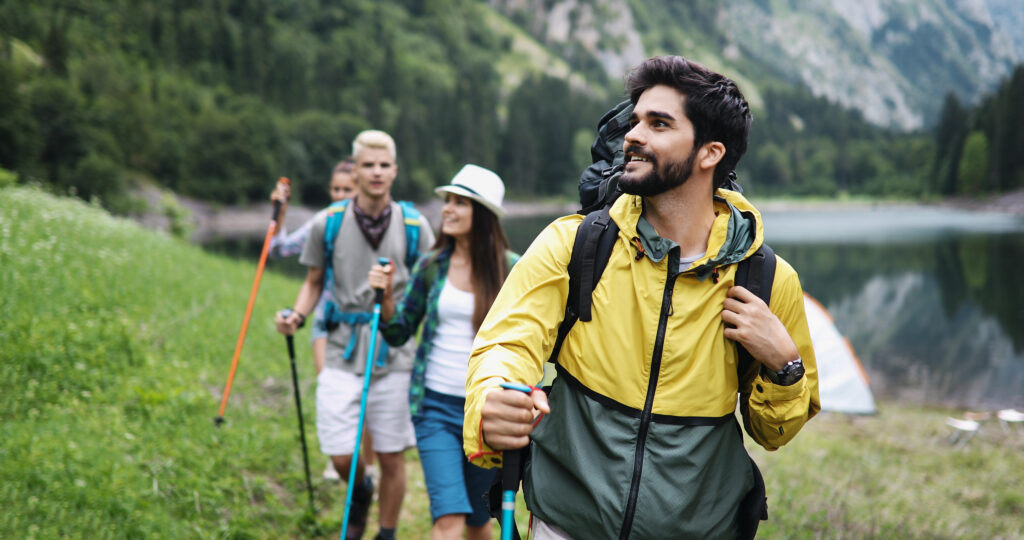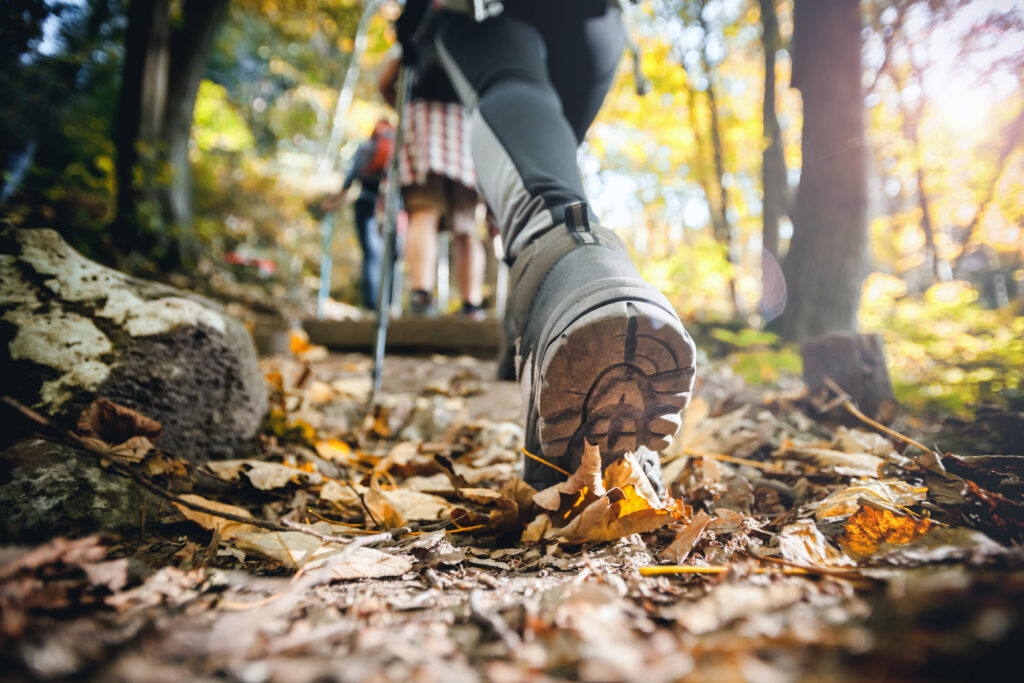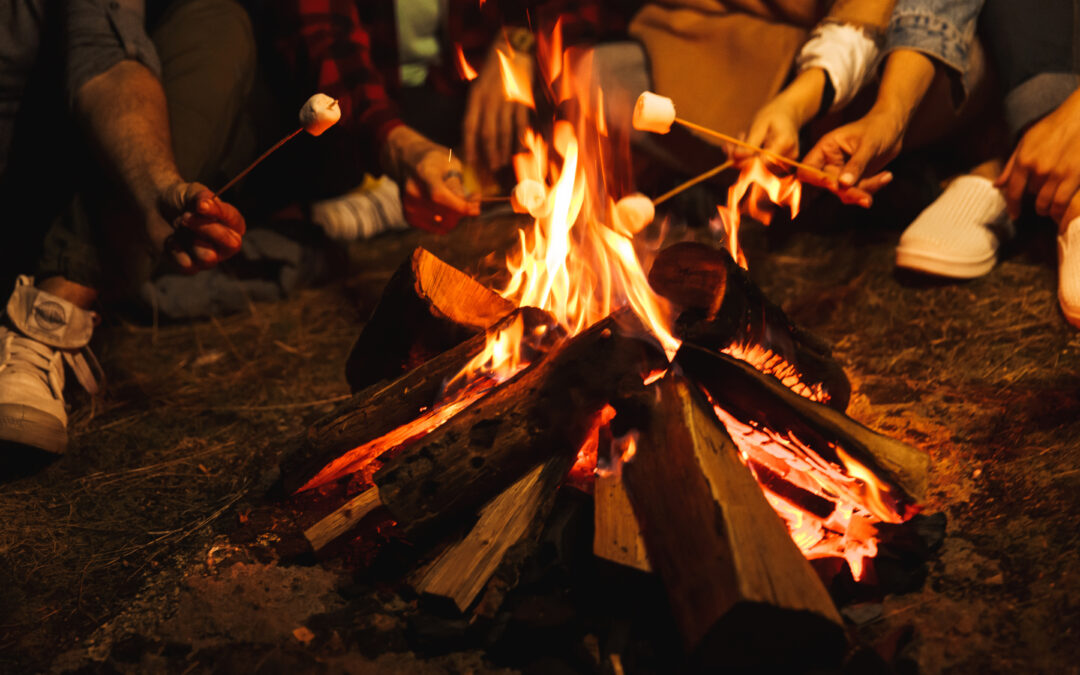Remember summer camp? Bug juice, friendship bracelets, and forced singalongs? Now imagine that with wine, actual comfortable beds, and activities you actually want to do. Adult summer camps are exploding in popularity, with searches spiking 347% as grown-ups discover they desperately miss structured fun and in-person connections. Welcome to adulthood’s newest escape hatch.
The Great Grown-Up Getaway
These aren’t your childhood camps repackaged. Adult camps represent a sophisticated evolution – wellness retreats, postpartum recovery getaways, fitness boot camps, and holistic healing centers designed specifically for people who need a break from being responsible. Postpartum retreat searches jumped 475%, fitness retreats climbed 83%, and wellness retreats rose 58%. The demand reveals something deeper than wanting a vacation.
Adults are craving structured experiences where someone else makes the plans, creates the schedule, and handles the details. After years of endless decision fatigue – where to eat, what to watch, how to spend free time – the appeal of showing up somewhere and being told “here’s what we’re doing” holds massive psychological relief.
These camps deliver novelty, community, and permission to play in ways that regular adult life actively discourages. At wellness camps, you do morning yoga, take meditation classes, and eat meals designed by nutritionists. At fitness retreats, trainers push you through challenging workouts while nutritionists and life coaches address the whole person. Postpartum camps offer new mothers space to heal, connect with other women experiencing the same challenges, and access professional support in a peaceful setting.

Why Now?
The pandemic fractured social connections and work-life boundaries in ways we’re still processing. Remote work blurred the line between personal and professional time. Social isolation became normalized. Many people realized they’d lost the muscle memory for making friends as adults or engaging in activities purely for joy rather than productivity.
Adult camps address that void directly. You show up alone and immediately join a cohesive group working toward shared experiences. The structured nature removes the anxiety of planning or the pressure to be “on” socially in unstructured ways. You’re not networking – you’re participating in activities together, which naturally builds connection without forced small talk.
The camps also represent a conscious rejection of the “always available” digital lifestyle. Most encourage or require putting phones away, creating rare opportunities to be genuinely present. In a culture where every moment can be photographed, curated, and posted, camps offer permission to just experience things without performing them for an audience.
Adult camps now span every imaginable interest and demographic. There are camps for writers, camps for artists, camps for entrepreneurs. Adventure camps offering whitewater rafting, rock climbing, and wilderness survival skills. Creative camps teaching pottery, painting, or woodworking. Themed camps built around specific fandoms, hobbies, or cultural interests.
The key differentiator from regular workshops or classes is the immersive, residential aspect. You’re living there for days or weeks, not just attending a few hours then going home. That immersion creates bonds and breakthrough moments that shorter experiences can’t replicate. When everyone’s going through the same sleep deprivation during fitness camp or sharing meals after creative sessions, relationships form quickly.
Holistic retreats blend physical, mental, and spiritual wellness in packages that would sound absurdly self-indulgent a generation ago but now feel necessary to prevent burnout. You might start the day with breathwork, follow with therapeutic massage, attend workshops on stress management, do restorative yoga, and end with sound bath meditation. It’s self-care as structured experience rather than vague aspiration.

The Investment
These aren’t cheap. Quality adult camps run from hundreds to thousands of dollars depending on length and amenities. But attendees overwhelmingly report feeling the investment was worthwhile, often describing camps as transformative rather than merely enjoyable. The value isn’t just the activities – it’s the dedicated time for personal growth, healing, or joy that adult life rarely accommodates.
The financial commitment also creates motivation to fully engage. When you’ve paid significant money and traveled to get there, you show up ready to participate rather than half-heartedly checking it out. That collective commitment raises the energy and creates the environment where transformation becomes possible.
What It Means
The adult camp boom signals a cultural shift toward valuing experiences over possessions, prioritizing mental health and connection, and recognizing that play isn’t just for children. Adults need structured opportunities to try new things, meet people outside their usual circles, and remember what it feels like to be a beginner at something purely for fun.
Summer camp taught children independence, resilience, and social skills through shared experiences. Adult camps are teaching grown-ups something else: that it’s okay to prioritize yourself, that play is legitimate, and that sometimes the most productive thing you can do is completely disconnect and just be human for a while.


